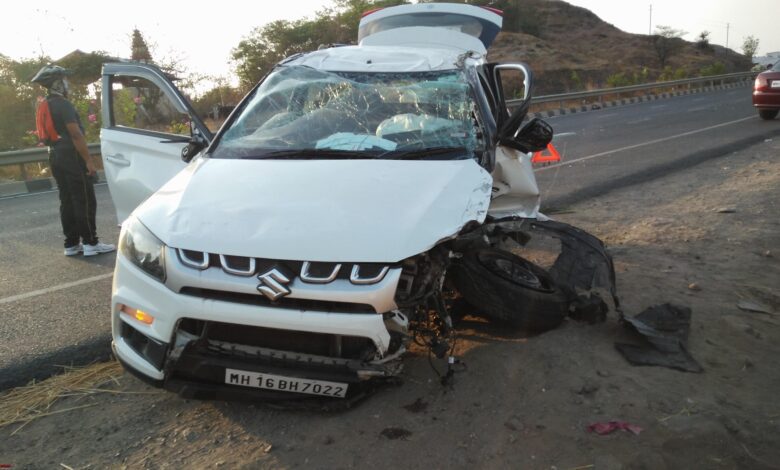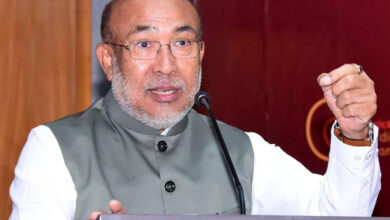Varied road crash fatalities reported by NCRB and transport ministry, differing by up to 42 percent
As Government Data Reveals Up to 42% Discrepancies in Road Fatality Reports, Experts Urge Standardization and Training for Accurate and Effective Road Safety Strategies

Recently released data from two key government entities, the National Crime Records Bureau and the Ministry of Road Transport, has revealed significant disparities in documenting the number of people killed in road crashes in 2022. These differences, reaching up to 42 percent, underscore the urgent need for a more robust data collection system to guide effective policy decisions aimed at reducing road fatalities.
Data Discrepancies: A comparison of the data highlights alarming discrepancies, with a 32 percent variance in pedestrian deaths and a staggering 42.5 percent difference in fatalities of truck occupants between the two reports. These variations raise concerns about the accuracy of the information available, making it challenging to formulate targeted strategies for road safety.
Root Causes of Discrepancies: Experts, as reported by TOI, attribute these inconsistencies to a limited understanding among field staff responsible for recording and collecting data. Navdeep Asija, traffic adviser to the Punjab government, points out that the road transport ministry employs 21 interlinked formats for annual data collection. Issues such as inconsistency in counting victim versus accused vehicles, especially in pedestrian incidents, contribute to data inaccuracies.
Importance of Standardization: Asija emphasizes the necessity for collaboration between the transport and home ministries to standardize data collection methods. This collaborative effort is crucial for ensuring a more accurate understanding of road crashes. The disparities not only hinder effective policymaking but also create challenges in evaluating the success of implemented road safety measures.
Training and Awareness: The pressing need for training police personnel in recording incidents and investigating crashes was highlighted at the recent ‘Global Road Safety Initiative’ by UN agencies at the Institute of Traffic Education. This points towards the importance of not only improving data collection systems but also enhancing the capabilities of those responsible for gathering this critical information.
Challenges Acknowledged by Road Transport Secretary: Road Transport Secretary Anurag Jain acknowledged the challenges related to data discrepancies. He mentioned that the new system for collecting real-time road crash data, the e-Detailed Accident Report (eDAR), is performing well and aligning with police data. Despite the existing challenges, he expressed confidence that this system will continue to improve over time.
Moving Towards Solutions: Recognizing the need for a comprehensive solution, efforts should focus on not only improving the data collection process but also addressing the underlying issues contributing to discrepancies. This includes providing thorough training to field staff involved in data collection, ensuring a standardized approach across different departments, and fostering collaboration between ministries to streamline the process.
Collaboration Between Ministries: The collaboration between the transport and home ministries is pivotal in achieving standardized data collection methods. By working together, these ministries can establish clear guidelines and protocols for data collection, reducing the chances of errors and discrepancies. A unified approach will provide a more accurate picture of road crashes, enabling policymakers to make informed decisions.
Public Awareness and Involvement: Beyond government initiatives, there is a need to involve the public in promoting road safety awareness. Initiatives such as community outreach programs and educational campaigns can contribute to a safer road environment. A well-informed public can also play a role in reporting incidents accurately, supplementing the efforts of government agencies.
You might also be intersted in – India’s puff-free stand: Health Ministry enforces nationwide ban on e-cigarettes



